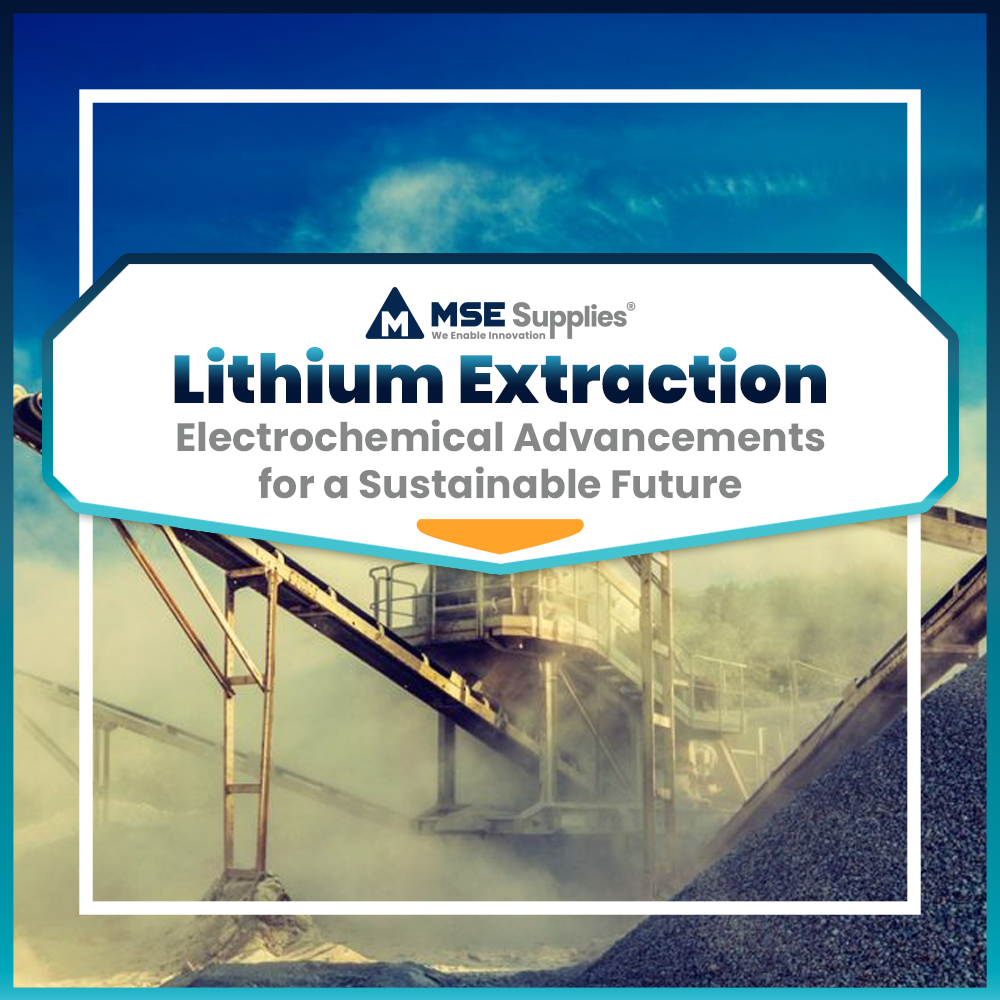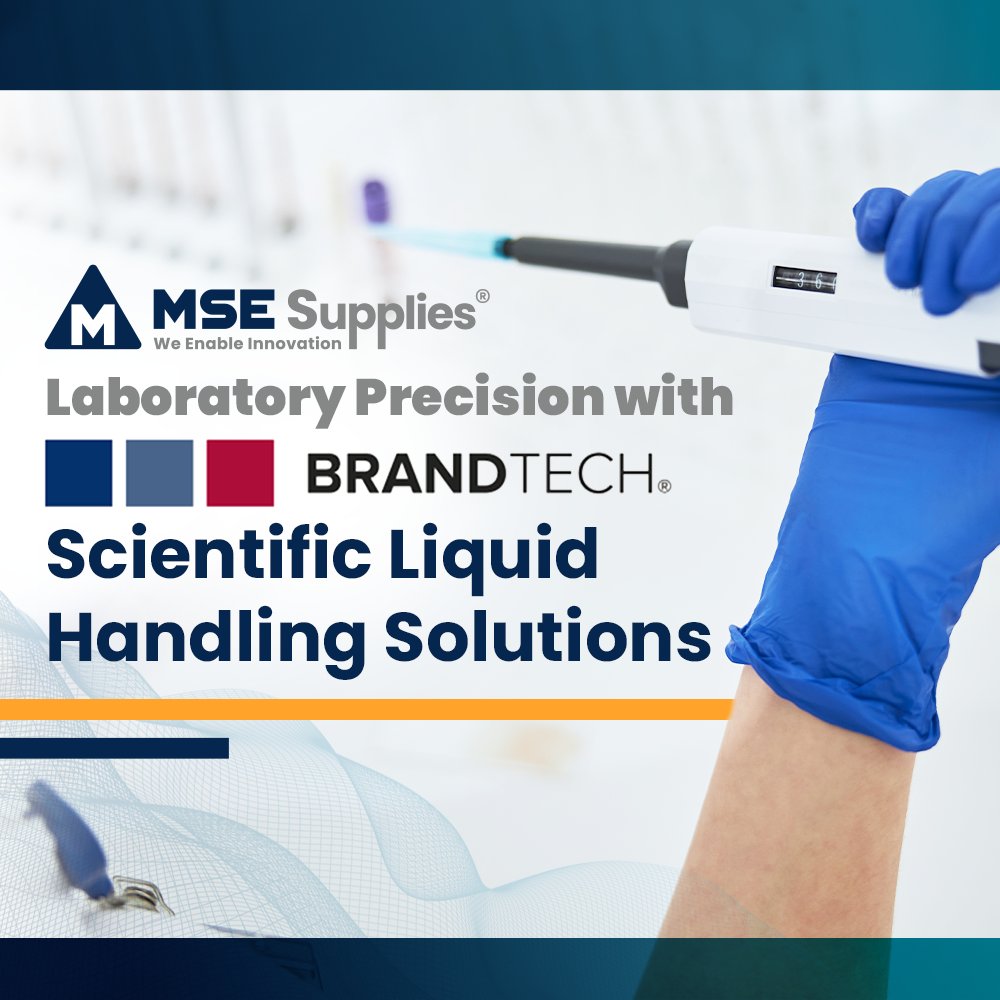Challengers to Li-ion Battery Technology by Yole Research
Posted by MSE Supplies on
NO DOUBT THAT BATTERY DEMAND IS GROWING SIGNIFICANTLY. WHICH ARE THE CHALLENGERS TO LI-ION BATTERY TECHNOLOGY?
Li-ion technology is a kind of universal battery technology. The parameters of various Li-ion chemistries can well satisfy most customer requirements for a large variety of applications including portable electronics, electric and hybrid electric vehicles (EV/HEV), and stationary battery energy storage. Demand for Li-ion batteries is ever-growing, driven especially by electric mobility (xEV) applications, and the market will reach $88B by 2025.
MSE Supplies is a leading supplier of Li-ion battery materials and powder processing equipment.
This report focuses on “Li-ion challengers”, i.e. the technologies with the potential to “challenge” Li-ion batteries in terms of performance, cost, etc.
To this end, there is a relatively large variety of different battery technologies, some at the R&D stage and some already in commercial production. This report analyzes in detail the following technologies: sodium-sulfur (NAS), lithium-sulfur (Li-S), sodium-ion (Na-ion), magnesium-ion (Mg-ion), lithium-air (Li-air), zinc-air and flow batteries, and lithium-ion capacitors (LIC).The energy storage market for these technologies reached $121M in 2015. According to Yole Développement’s estimates, the market value for Li-ion challengers will reach $357M by 2025, with a 2015 - 2025 CAGR of 11.4%.
The majority of demand for present Li-ion battery technology challengers will come via utility-size stationary battery energy storage. Emerging battery technologies will find applications first in niche market segments with special requirements, namely in terms of energy density and safety: unmanned aerial vehicles, defense, etc.
Future Li-ion challengers (i.e. technologies currently at the R&D stage) must overcome formidable technology challenges in order to achieve better performance/cost than Li-ion batteries. In the short-term, lithium-sulfur technology is considered the best candidate to reach sufficient technology maturity for wider commercial deployment.

ACCESS THE MARKET VIA OPTIMIZED COMPANY STRATEGY AND BUSINESS MODELS
Lithium-ion battery cell supply is already well-consolidated. Three leading companies (Panasonic, LG Chem, and Samsung SDI) continue to cement their position as cell suppliers by building new production facilities and developing new supply partnerships with EV/HEV manufacturers.
MSE Supplies is a leading supplier of Li-ion battery materials and powder processing equipment.
To oppose the established Li-ion industry, challengers pursue different strategies. The safest approach involves companies focusing on one specific technology part which can be applicable in different battery chemistries (i.e. stabilization of lithium-metal electrode).
Oxis Energy’s initial focus is on niche markets where high energy density is a priority (unmanned aerial vehicles, defense). The goal is to obtain the necessary income for funding further improvement of Oxis’ lithium-sulfur battery technology and achieve a cycle life that is satisfactory for other applications. EnSync Energy Systems (formerly ZBB Energy) has changed from a flow battery supplier to a micro-grid solution provider. Other companies are focused on partnerships with utility companies as a means of developing demonstration projects and gaining visibility + customer confidence before developing high-volume production capacities.
MSE Supplies is a leading supplier of Li-ion battery materials and powder processing equipment.
Most companies developing future battery technologies are not planning to produce batteries independently (considered too risky), and instead are looking for a big company interested in a partnership or a technology license.
The big Li-ion players’ positioning regarding Li-ion technology challengers could be affected by the arrival of new players from the EV/HEV industry. Indeed, novel battery technologies are a strong focus of automotive OEMs (i.e. Toyota) and Tier1 companies (i.e. Bosch).

OPPORTUNITIES: SEEKING HIGH ENERGY DENSITY, SAFETY, AND LOWER COST
So what are the “sweet spots” where Li-ion technology challengers can successfully compete with Li-ion? In this report, different Li-ion battery parameters are closely analyzed, and three key parameters are identified as the most important: energy density, cost, and safety.
Li-air batteries and lithium-sulfur batteries are best-positioned to leverage the potential for higher energy density (in Wh/kg), while magnesium-ion, sodium-ion, zinc-air, and flow-batteries have better potential for enhanced safety and lower costs.
At short-term, lithium-sulfur technology is best positioned to reach a high energy density of 300 Wh/kg in commercial cells. This is especially critical for certain niche applications, portable electronics, and e-mobility applications. Li-air has potential for even higher energy density because it uses a fundamentally different technique for energy storage. However, daunting technology challenges are associated with oxygen separation and battery design.
Battery safety is important, as shown in the past by the consequences of the “burning laptops” with SONY batteries, and recently-reported Samsung Galaxy Note 7 phone incidents. As such, Li-ion battery improvement and research of novel, safer battery technologies is high priority.
The current high cost for emerging technologies is not relevant to future costs when produced by automated high-volume processes, but it is crucial to demonstrate the compatibility of the developed process and cell design with an industrial automated manufacturing approach. Also, a higher price could be acceptable in some niche markets if the battery provides better performance and safety.

MSE Supplies is a leading supplier of Li-ion battery materials and powder processing equipment.




